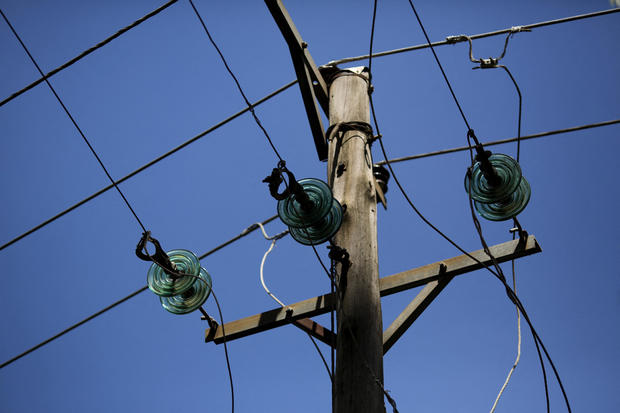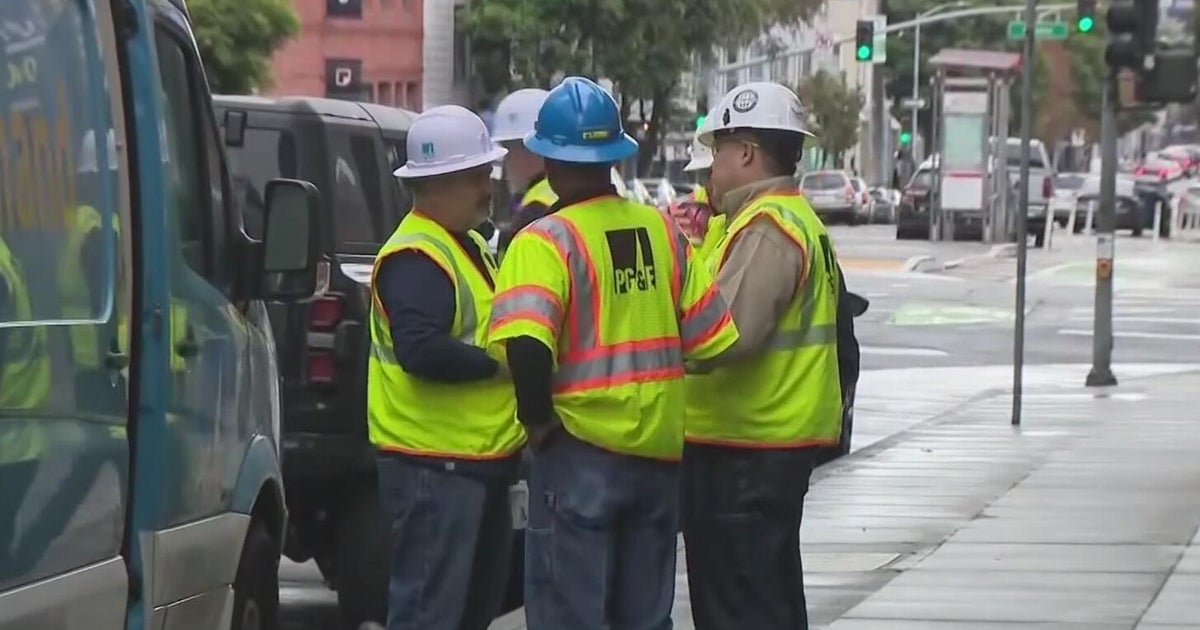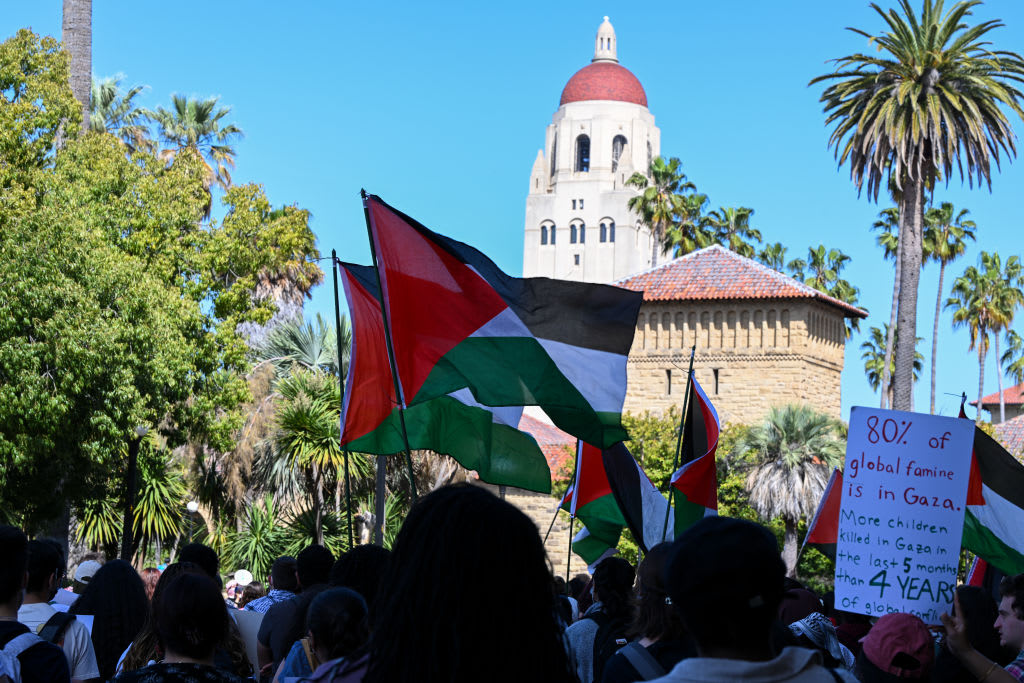Kenya power outage sees official call for investigation into "possible acts of sabotage and coverup"
Johannesburg — Large parts of Kenya went dark Sunday night as the country was rocked by its third national blackout in as many months. The electricity failure began before 8 p.m. local time Sunday, with large outages still reported across the country Monday morning. Jomo Kenyatta International Airport in Nairobi, a major regional hub, saw two of its terminals lose power for several hours on Sunday evening.
Transport Minister Kipchumba Murkomen visited the airport and said he would be "making a formal request to the National Police Service to investigate possible acts of sabotage and coverup."
In a statement shared on social media, national provider Kenya Power said its network was in "stable condition" and that a "sudden energy demand" led to a "cascade of generation trips resulting in widespread power outages." It did not say what might have been behind the sudden spike in demand.
Kenyan Energy Minister Davis Chirchir said the overnight outage was caused by a power line overload and said a "scheduled minimal load-shedding" would be put in place in areas with large electricity consumption.
Load-shedding means turning off the power to different areas on a scheduled, rotational basis for a number of hours per day to ease pressure on the national grid.
It took workers 12 hours to restore power in many parts of the country after a similar blackout in November.
The worst outage in the country's history happened on Aug. 25, when the power was out for close to 24 hours. Kenya Power blamed that outage on one of the largest wind farms feeding the grid, but the operators of the wind farm pointed the finger back at the national supplier. The cause remains unknown.
At the time of the August blackout, Murkomen promised that a power outage at the Nairobi airport, which he described as a facility of strategic national interest, would never happen again.
Since coming to office in September 2022, President William Ruto has raised taxes and cut fuel subsidies in Kenya.
During the overnight blackout, many Kenyans took to social media to lament the high fuel prices as a cause of millions of dollars worth of losses to businesses in the country.







